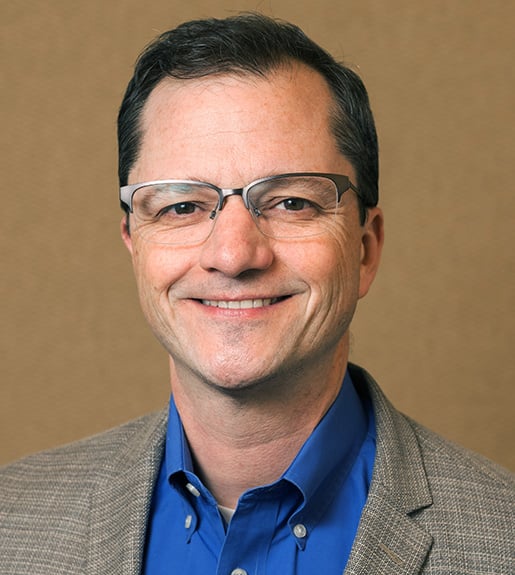Arts and Culture
Article
The Culturephiles
ebf8cc35-0e23-43bd-9842-1426a77acaca
3 min
https://edge.sitecorecloud.io/tessituraneab9a-tessiturane5642-staging-5396/media/Images/Discover-Images/Andrew-Blog/Featured-Media-Images/CH-programs-768x465.jpg?h=465&iar=0&w=768
Andrew Recinos shares his personal journey from full immersion in culture, out to the wilderness, and back again
Don't Lose the Thread
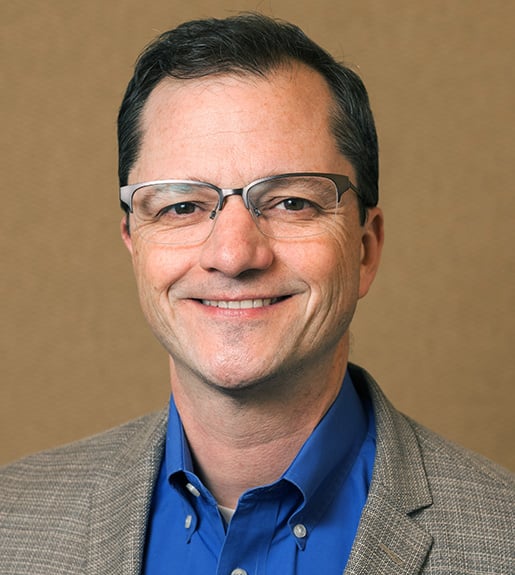
President & CEO, Tessitura
Don't Lose the Thread
8/1/2018
3 min
We all start somewhere.
For me, professionally, I was fortunate to land an internship at Carnegie Hall right out of college at Indiana University. It was my first time living in New York City. On January 9, 1995, I got off the train at Penn Station, petrified, saucer-eyed and trying to act cool. Within five minutes, I was hustled out of $100 in cash while I waited in what turned out to be a very unofficial taxi line.
And so, with most of my cash gone, I took the bus to the small one-bedroom loft on the Upper West Side that I was to share with two other green Indiana interns. Within days of arriving, I was accosted in the hallway by the chair of the condo board accusing me of being an illegal subletter and promising to evict us all. New York and I didn’t get off to a great start. Carnegie Hall, thankfully, was a different story..
By day, I tried to be useful. By night, it was all about the music. Any chance I found to attend a performance, I took it.
Carnegie Hall was (and is) a vibrant, fast-moving business, and the staff was so welcoming – they quickly became family. By day, I tried to be useful and learn lots as their fundraising intern. By night, it was all about the music. I am a fan of all kinds of art and culture, but my heart belongs to music. And here I was, working every day in this place. Any chance I found to attend a performance, I did it. Night after night. I learned where all the comps were buried. Staff comps, press comps, house seats, turn-backs, you name it. More often than not, I was in the upper balcony, but this was music and it sounded amazing from anywhere.
Outside, New York continued to be terrifying. Inside the warm golden embrace of Carnegie Hall, life was good.
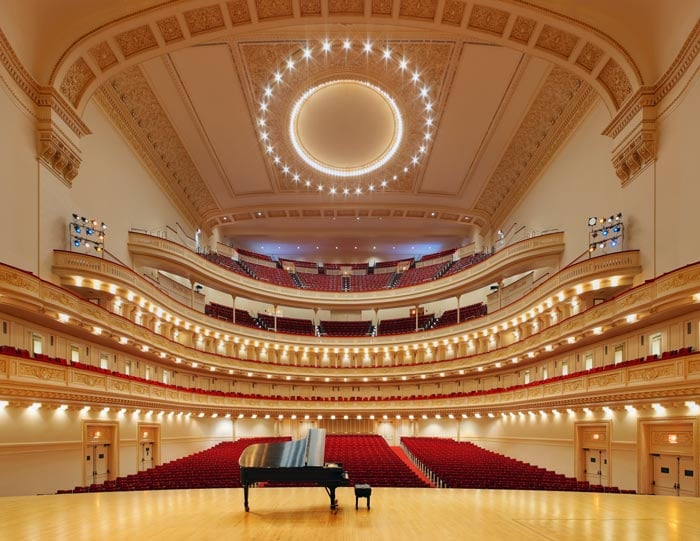
Carnegie Hall | Photo ©Jeff Goldberg/Esto
I just assumed that binge-concert-going was everyone’s experience at the Hall. So imagine my surprise one day when I was chatting with a much more tenured colleague. He had been there for a decade or more. That night’s performance at the Hall was the Boston Symphony with world famous conductor Bernard Haitink. He was conducting Mahler’s Ninth Symphony, his devastatingly beautiful final symphony. As usual, I had managed to cadge a comp ticket, and was thrumming with excitement to see it. I asked my friend if I would see him there. “Oh Andrew,” he sighed. “It’s another Mahler Nine. I’m going home.” I blinked a slow wide-eyed cartoon blink at him and quietly went back to my cubicle. It simply didn’t compute. Why did this guy bother working for Carnegie Hall then? Had he lost the thread?
And so the year continued. I moved to another illegal sublet. I counted my pennies and figured out how to dress up ramen noodles in a variety of interesting ways. I walked everywhere I could to save money. And I spent nearly every night in that Hall. The great orchestras of the world. And the conductors! Abbado, Solti, Ozawa, von Dohnanyi, Boulez, Shaw. The great soloists. Murray Perahia, Isaac Stern, Maurizio Pollini, Cecilia Bartoli. Great ensembles, jazz artists, crooners, pop singers. My primary focus was finding a ticket. I knew that whatever was on the other side of it would be amazing.
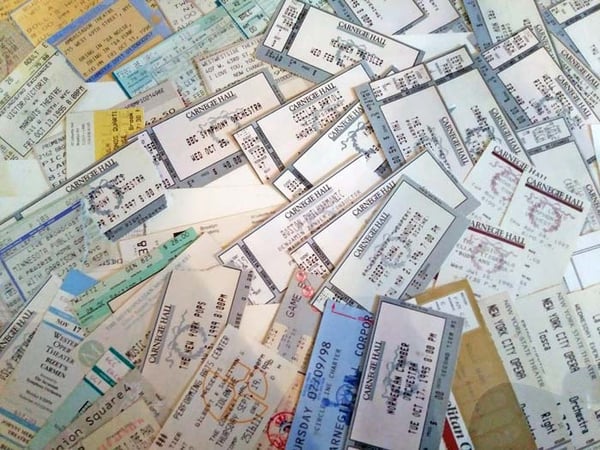
I’ve actually kept most of my tickets from that time...
At the end of the internship, I was rewarded with a real job — Associate for Corporate Sponsorships and Special Events — still the longest title of my career. At first, my concert-going habit didn’t abate. But then slowly, imperceptibly, something happened. I’d look at the calendar before I’d hustle a ticket. I’d check the repertoire. I’d hear myself saying things like “Beethoven Six — hm. Interesting. I might go, but wait - who’s the conductor?” Or: “I like that orchestra just fine, but I see this orchestra will be here in a month, so I’ll hold out.” It was happening. I was becoming a snob. And my habit was starting to slack off.
I was rewarded with a real job. And at first, my concert-going habit didn’t abate. But then slowly, imperceptibly, something happened.
At the same time, New York and I were starting to get along. I got engaged. I was the legal resident of an apartment for the first time. I was financially secure enough to start taking the subway to work and all over the city, exploring every corner with Peg. I learned body language that said “don’t bother trying to hustle me” and became more comfortable in my new city.
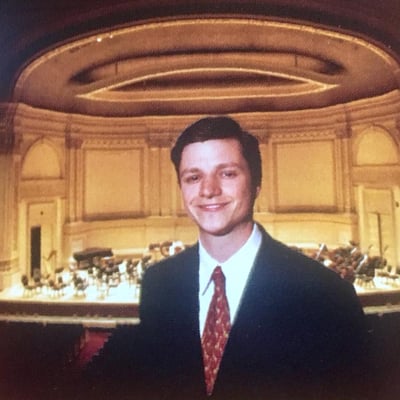
Me in 1998, when I became Director of the Friends of Carnegie Hall.
Credit: Steve Sherman
And I went to fewer concerts. Now it was only the really stand-out ones. The one time a year that orchestra was in New York. The darling of the piano world. I switched roles, titles, departments. And by my eighth year on the job at Carnegie- a place and a job that I adored- I had fallen victim to the same exact thing as my tenured friend from all those years before. In my final year, I went to one single performance. I’d lost the thread. I passed up Mahler Nine at Carnegie Hall.
For those of us that live and work in culture, this is easy to do. We all lose the thread sometimes. But I’ve come to learn that to really feel the most fulfilled in your job – you need to pick that thread back up. Not every night perhaps, but more than once a year for sure.
And it is a pretty easy fix.
Go see your art. Go see your culture. Cadge a comp. Wander a gallery. Put it on your calendar. Make yourself do it. Heck, do it during work if you can! It makes you a better, more engaged, more passionate member of your team. If your supervisors give you a hard time, have them call me. (OK, within reason, folks. If you decide to take in the entirety of Wagner's Ring Cycle during your “snack break,” that’s on you).
Go see your art. Go see your culture. Wander a gallery. Put it on your calendar.
As for me, I didn’t realize I had lost the thread until we moved out of New York City after that last year at Carnegie. Even though I had moved to Oregon, I remained on the mailing list and received the monthly calendar. Before long, I was wistful seeing all those names and orchestras and soloists that I was missing out on. I couldn’t believe I had chosen not to go see them. So I pivoted my focus to Portland, Oregon. A vibrant cultural city in its own right. Now we are subscribers and members to a variety of cultural organizations in our hometown, and life feels in balance again.
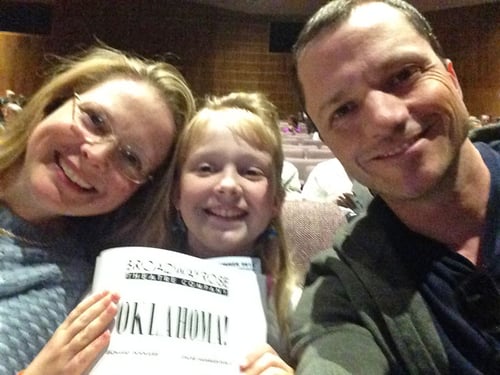
Me and the family at a production at the Broadway Rose Theatre in Tigard, Oregon, a proud Tessitura community member
A few years back, I gave a talk on this topic and was glad to hear that it struck a chord with many people in our industry. I hope it can provide some thoughts and inspiration on how you can keep from losing the thread. Live in the Culture!
P.S. I left Carnegie Hall in 2002 to move out west, but in reality, I’ve never really left. In 2005 I was on the team that implemented Tessitura there, and they’ve been a great member of our community ever since. Most importantly, the friends I made there, including many who still work at the Hall, are among my closest. It still feels like family.
Topics
Arts & Culture
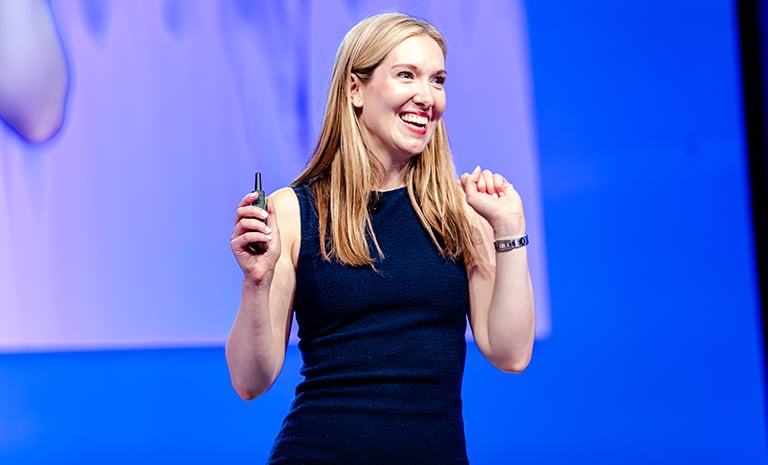
Good data is about people
Arts & Culture / BI & Analytics / Technology
How data is fueling the future of arts and culture (and why Tessitura members have an edge)
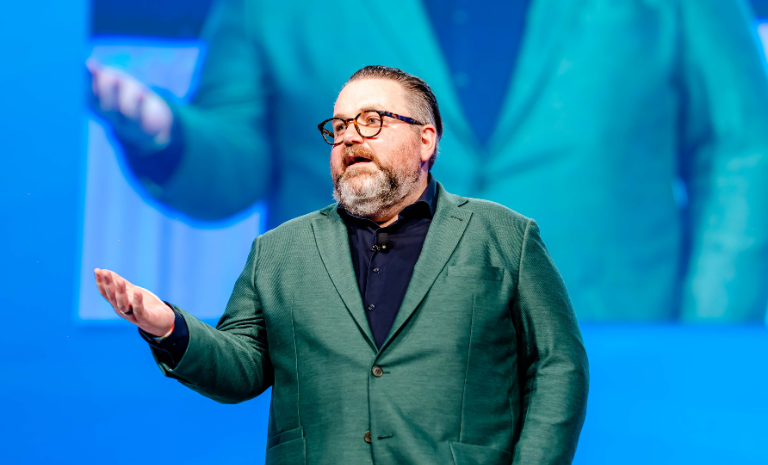
The audacity of relevance
Arts & Culture / Innovator Series / Community Engagement
Alex Sarian urges us to prioritize shared cultural experiences in the face of social isolation
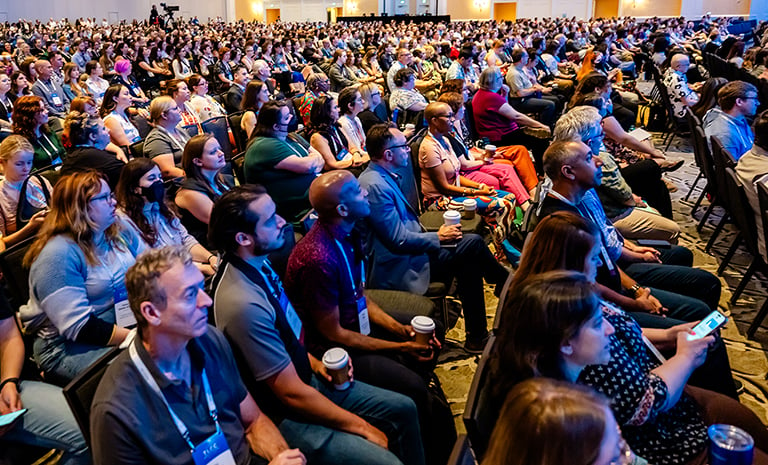
Who we are, what we value and where we’re headed
Arts & Culture / Technology
Recapping the TLCC Orlando 2023 opening session
